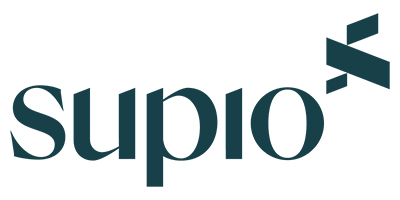OVERVIEW
Florida’s personal injury landscape has fundamentally changed since the passage of HB 837. The law tightened filing deadlines, changed comparative negligence standards, limited recoverable damages, and redefined how medical evidence and attorney fees are handled. These reforms have shifted the balance of litigation, requiring personal injury firms to work faster, prove more, and operate with far greater precision.
At the same time, artificial intelligence is transforming the practice of law. From automated medical summaries and AI assisted demand letters to predictive claim modeling and defense analytics, new technologies are reshaping how evidence is discovered, evaluated, and presented. For plaintiff firms, understanding both the constraints of tort reform and the opportunity of AI is essential to maintaining an edge in a rapidly evolving legal environment.
This session will equip Florida personal injury attorneys with the insight and strategies needed to adapt their practices for success in the post HB 837 era, where data, documentation, and defensible evidence matter more than ever.
themes + agenda
Key Discussion Points
Understanding HB 837
- The shortened statute of limitations for negligence actions and its impact on case management
- The new comparative negligence rule, where recovery is barred for plaintiffs found more than fifty percent at fault
- Stricter rules governing medical damages, including evidence limits and disclosure of letters of protection
- Reduced access to one way attorney fees and new standards for bad faith claims
- How these reforms are reshaping case value, settlement posture, and firm operations
The Role of AI in the New Legal Landscape
- How AI can streamline document review, medical chronology building, and claim valuation
- Using AI to detect gaps in treatment records, strengthen causation arguments, and forecast case outcomes
- Ethical and evidentiary challenges, including what to disclose, how to validate, and when to trust algorithmic insights
- How insurers and defense teams are already using AI to challenge injury claims
Practical Strategies for Adaptation
- Redesigning workflows to meet accelerated filing windows and new disclosure rules
- Leveraging AI tools to surface liability and damages data early in the case cycle
- Combining human expertise and AI precision to build stronger and more defensible case narratives
- Building firmwide readiness for an era where technology and tort reform converge
About Supio
Supio is a legal AI platform built specifically for personal injury firms. Its models turn complex case documents into actionable insights, summarizing records, organizing chronologies, and surfacing key facts to support demand packages and litigation strategy. In a post HB 837 world, Supio empowers personal injury teams to stay compliant, efficient, and competitive while maximizing recovery for clients.






